We've already taught you how to clench your fist to make healthier food choices, and how to make sure you eat healthily at a restaurant, but it turns out there are even more mind hacks we can use in our never-ending quest to control our appetites.
Imagining You're Eating Food = Eating Less Food in Reality
A group of marketing professors at Carnegie Mellon University, led by Carey Morewedge, discovered that when the study's participants visualized eating many pieces of candy, they actually consumed less when physically confronted with said candy.

Okay, well it might not work for Homer, but it probably will for you.
Previously, psychologists were aware that habituation, or being presented with a certain stimuli like a certain food repeatedly, could dull someone's desire to eat it. This study, however, shows that the simple act of visualizing eating something in detail is enough to curb the appetite.
Making Healthy Eating Plans & Visualizing Them Works, Too
In a different study at McGill University in Canada, led by Bärbel Knäuper, associate professor of psychology, divided the participants into two groups.
The first set out to eat more fruit without creating a plan or visualizing it. The second group of students made specific, detailed plans (i.e. how much fruit they were going to eat over a week, when, where, and how they were going to buy, prepare, and eat it) and visualized it.
While all the students ate more fruit, those in the second group consumed nearly twice as much as the first group.

If one persimmon is good for you, then two is even better, right?
This tactic of detailed visualization is common in sports psychology.
Knäuper said, "Athletes do lots of work mentally rehearsing their performances before competing and it's often very successful. So we thought having people mentally rehearse how they were going to buy and eat their fruit should make it more likely that they would actually do it. And this is exactly what happened."
So, Which Plan Should You Use When?
It depends on what you want to do. If you'd like to lessen a bad eating habit, the Carnegie Mellon study seems most useful. For instance, if you're heading over to a Super Bowl party with lots of unhealthy snacks, imagining that you're eating a plate of chips bite by bite is a good tactic before you get there so you won't mindlessly chow down 3,000 calories.

Imagining you're eating those chips can stop you from actually eating all those chips.
If you'd rather focus on making positive changes to the way you eat, follow the McGill University study's methods. Create a concrete plan to eat more salads or cut back on meat. Make it detailed and thorough. Then visualize yourself doing every step of your plan.
Stronger Smells Make People Take Smaller Bites
Your imagination isn't the only weapon you have in your war on unhealthy eating. Your nose is also a great ally, too. A study led by René A de Wijk of Wageningen University in the Netherlands discovered that the stronger the smell of something (in this case, a vanilla custard), the smaller amount of samples people took. When the aroma was weaker, they took bigger ones.

You could probably eat more than this, so don't starve yourself.
Scientific American posits that stronger-smelling food might trick the brain into thinking the food is high in calories and very rich, which in turn leads people to take smaller bites.
Taking Smaller Bites Leads to Eating Less Overall
Meanwhile, a 2013 study by Dieuwerke Bolhuis and her colleagues from Wageningen University discovered that taking smaller bites means consuming less food at mealtime, even when distractions are present.

Taking smaller bites can lead to you eating less food overall.
So if you're looking to cut calories, you might want to get as close as you can to your dinner plate and take a few good, deep breaths.
Cover image by Stephanie Vacher/Flickr





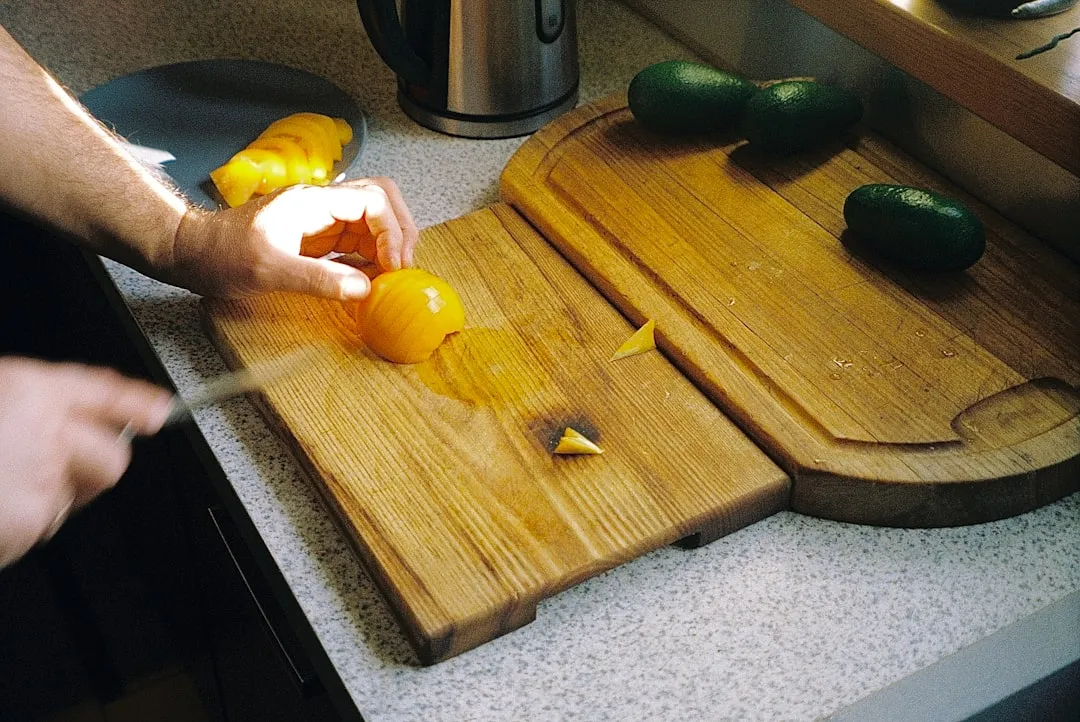
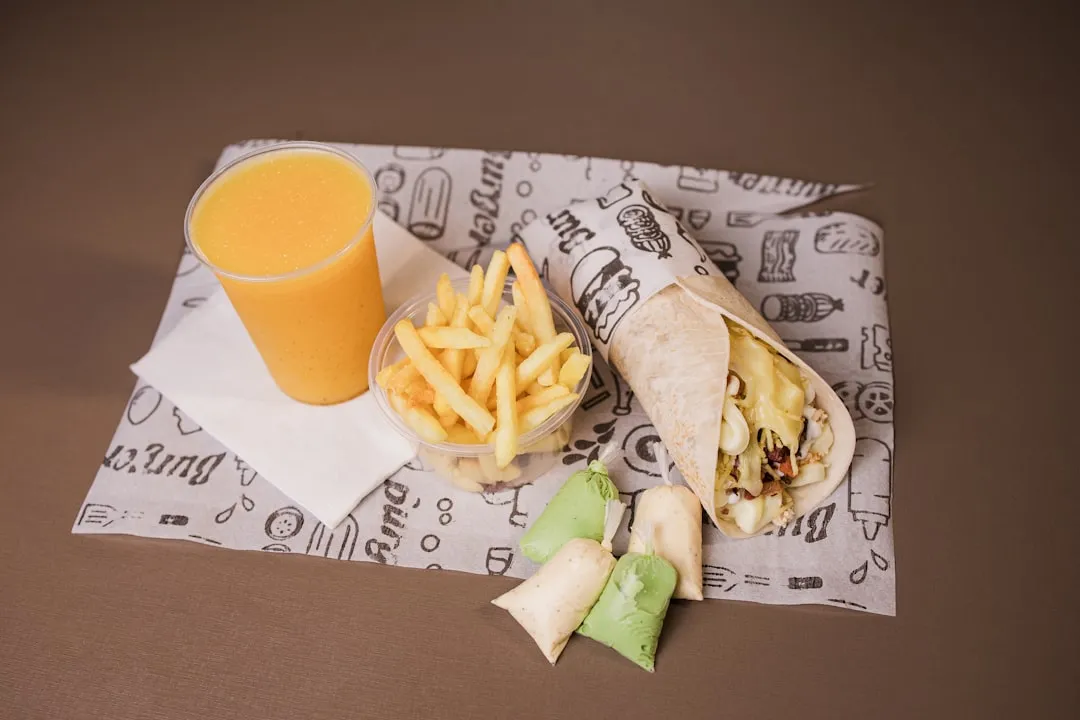
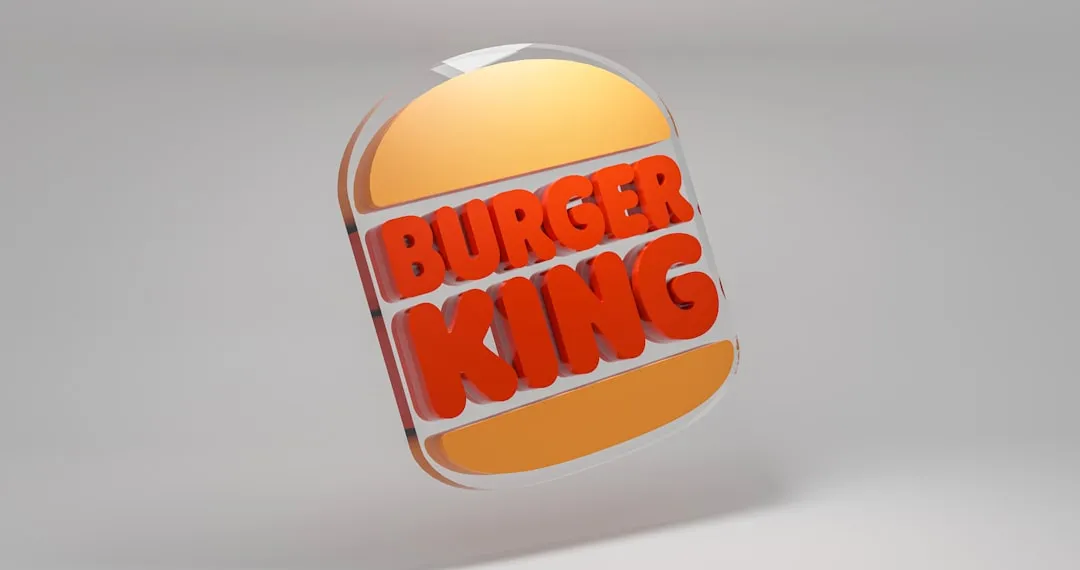


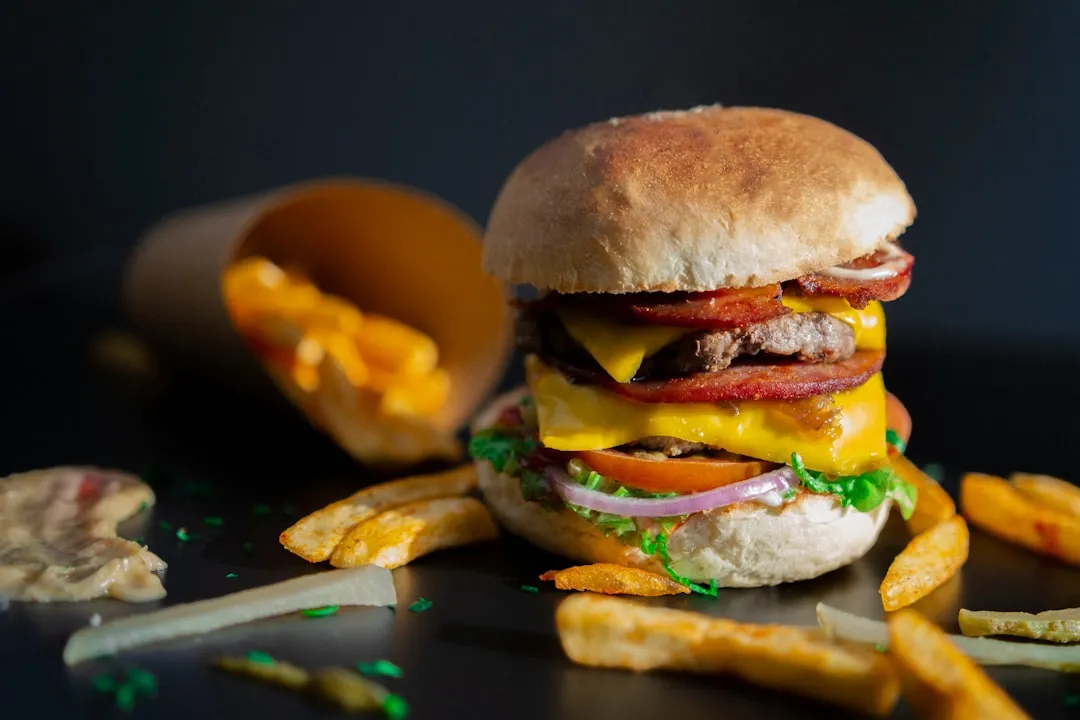

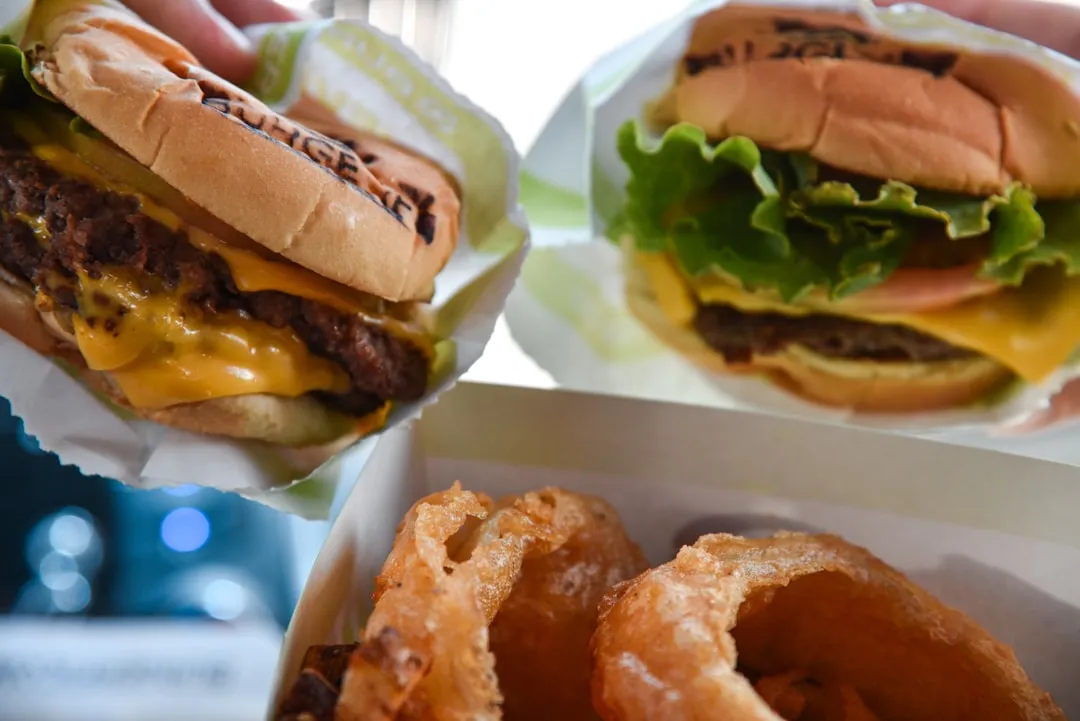



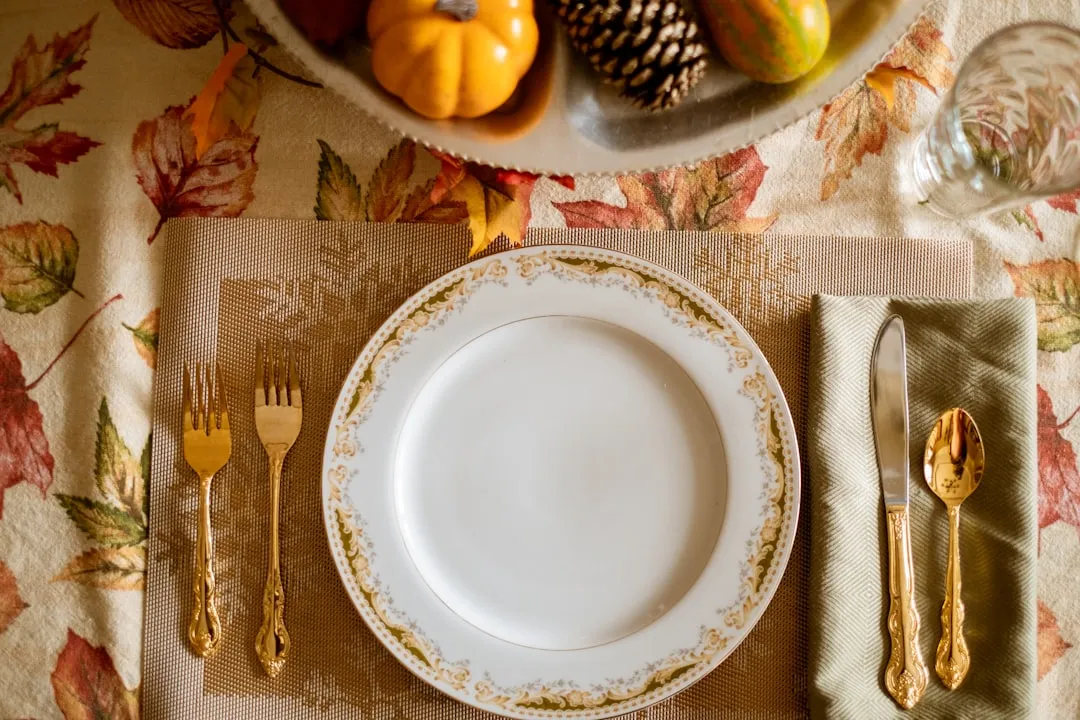
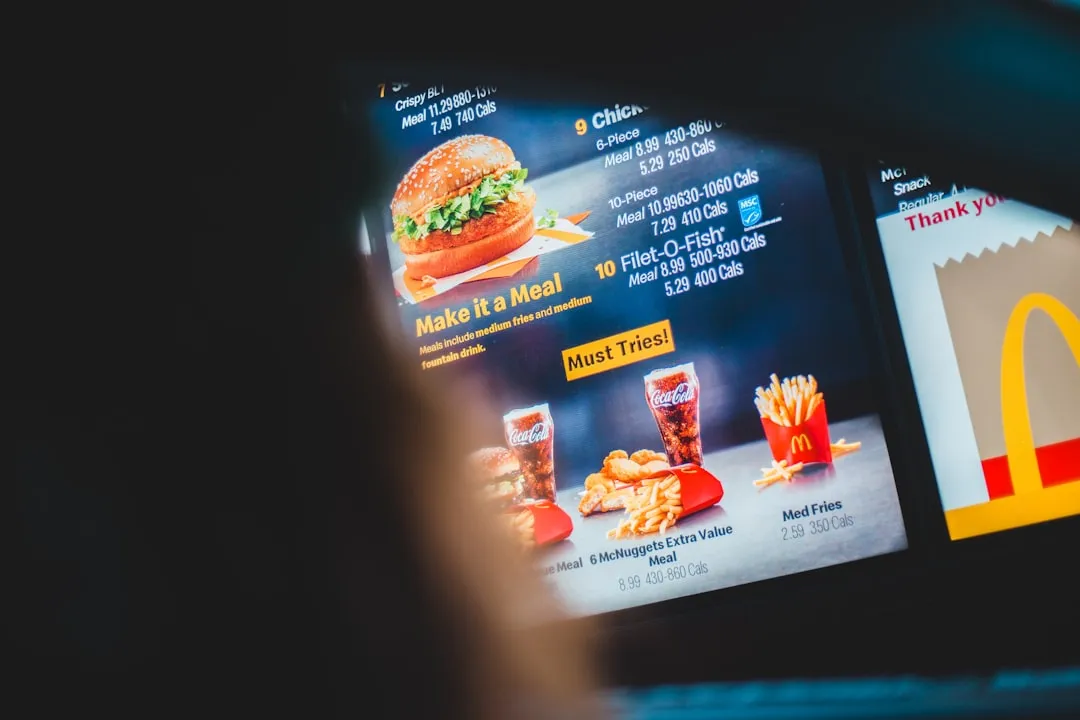


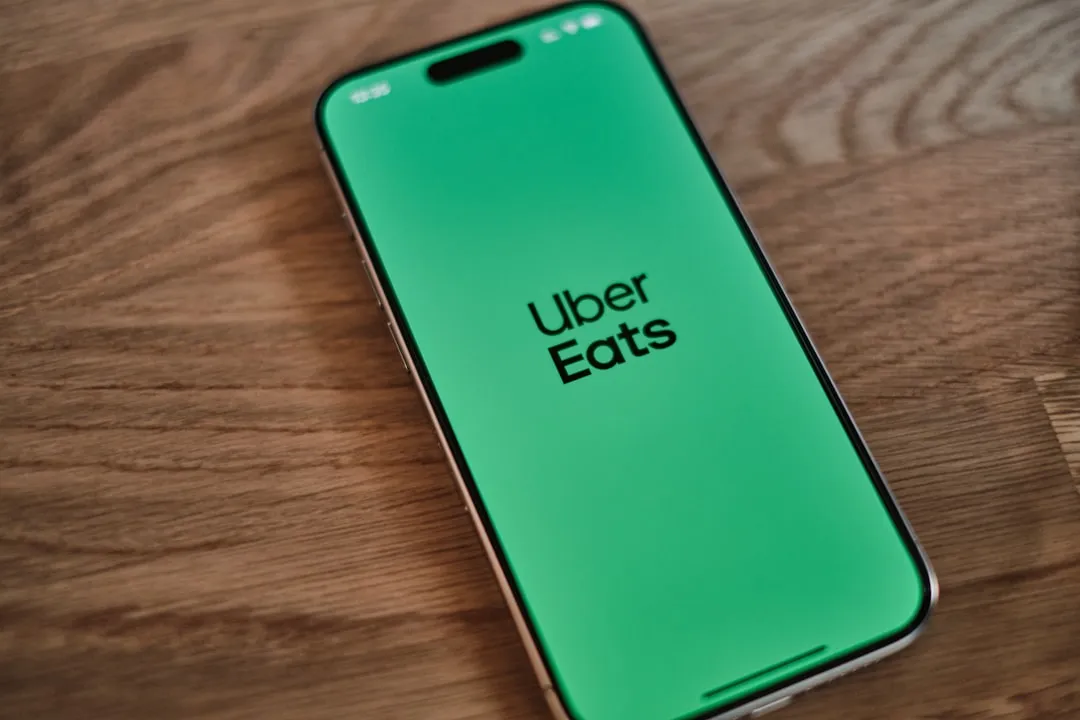

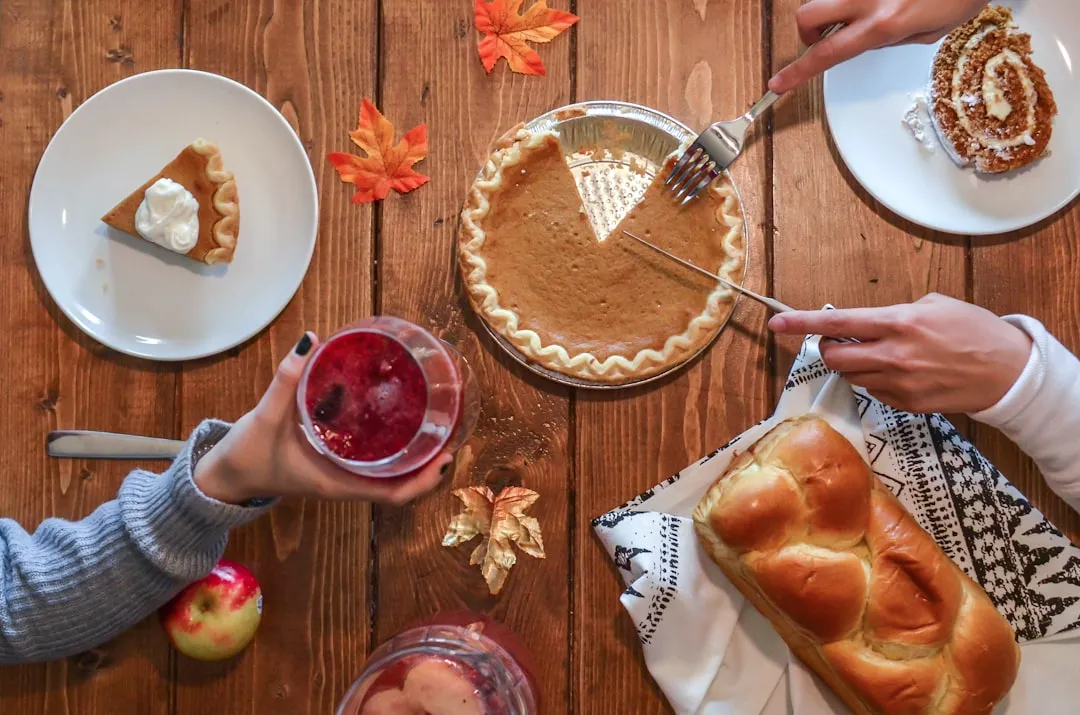
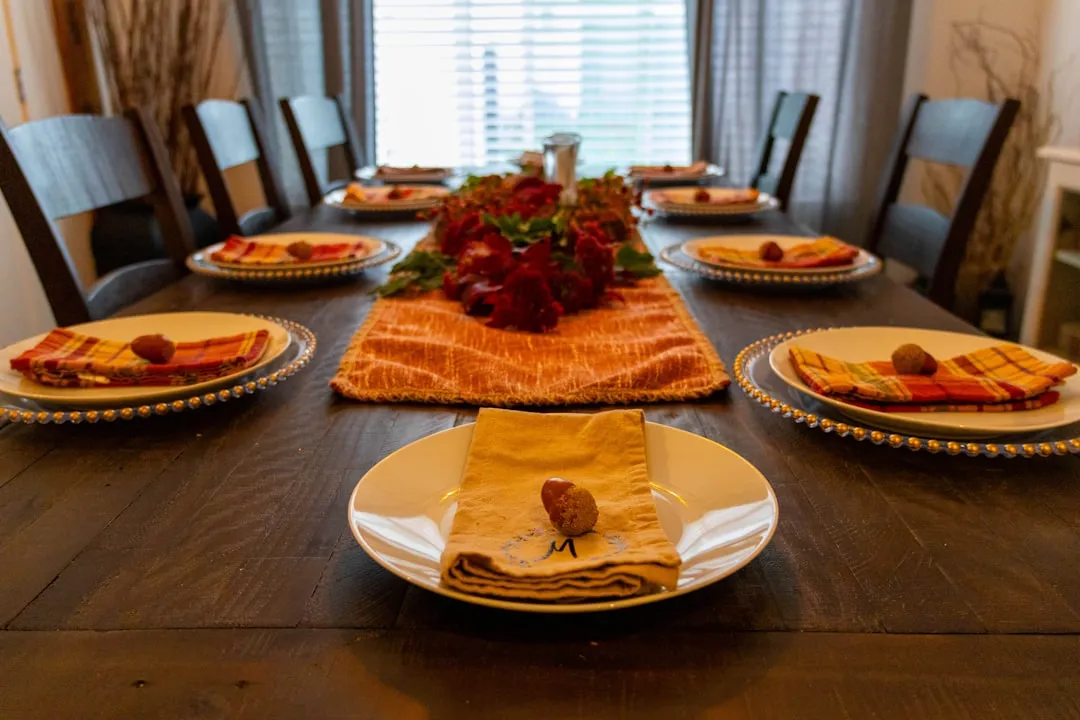
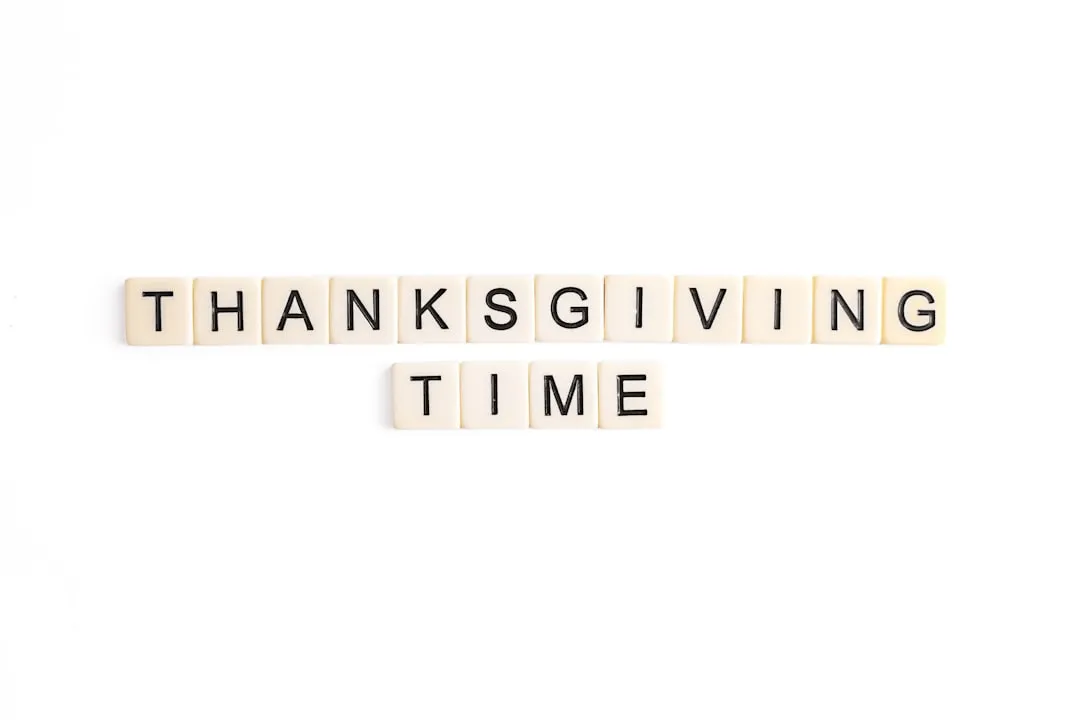
Comments
Be the first, drop a comment!